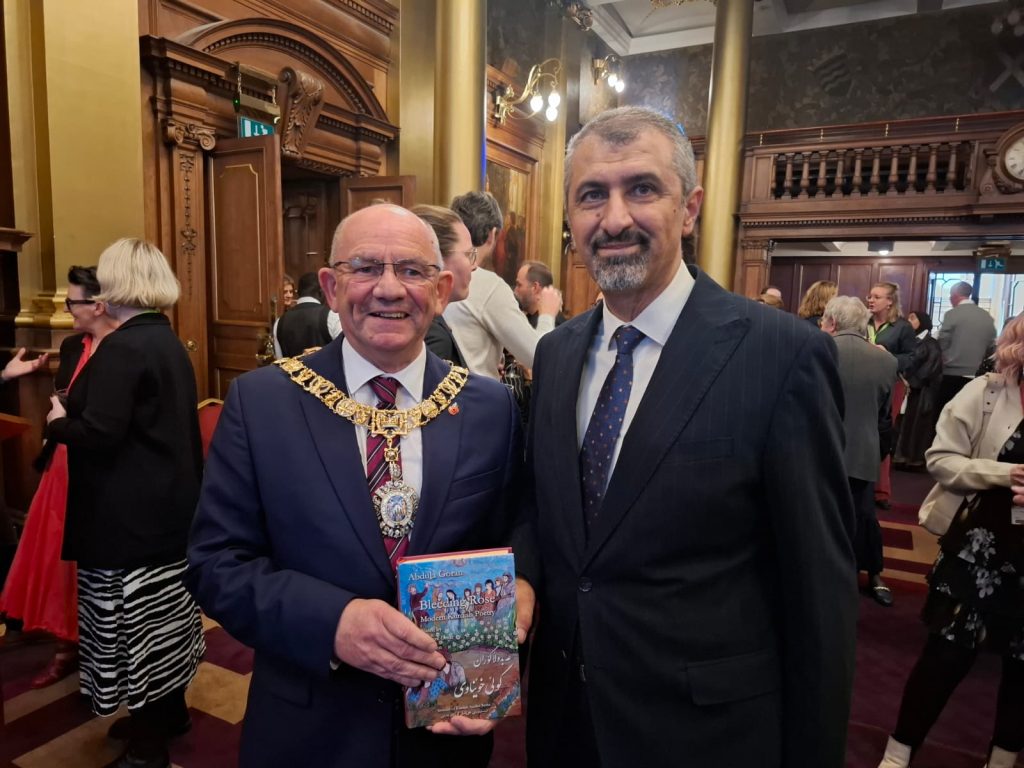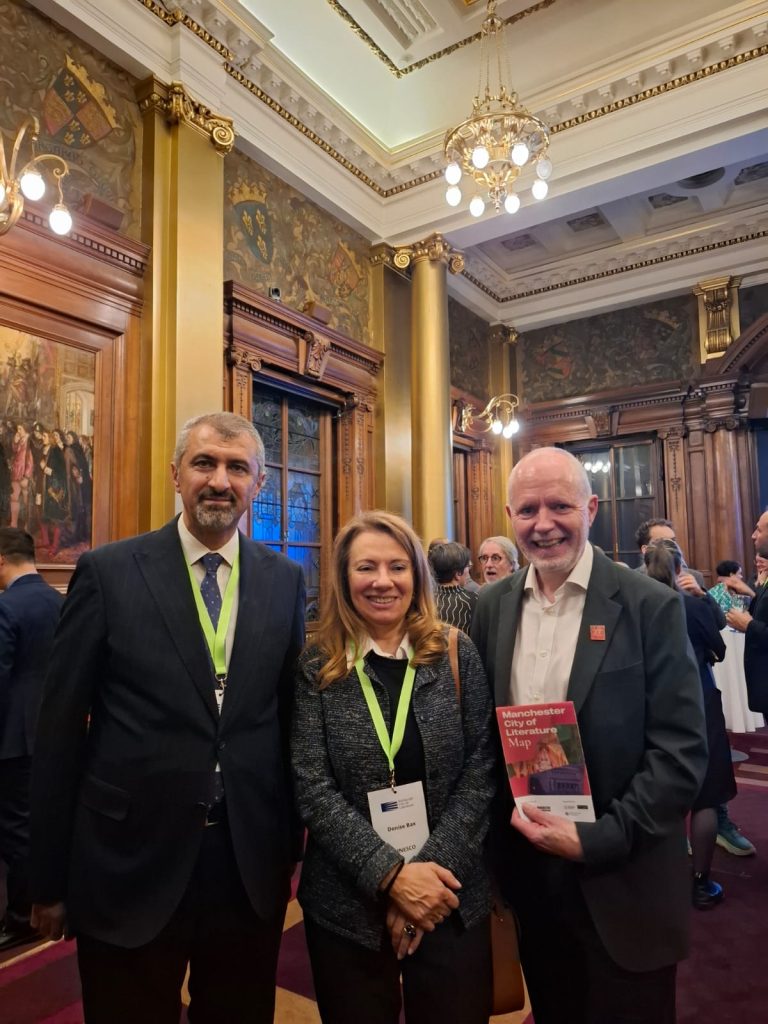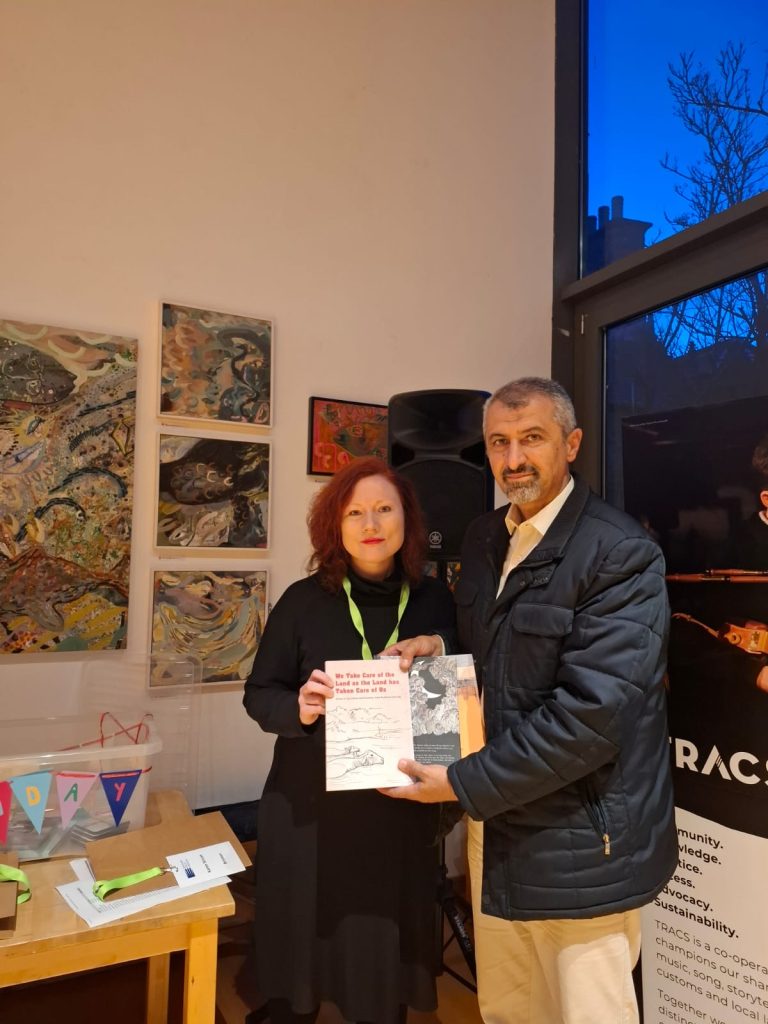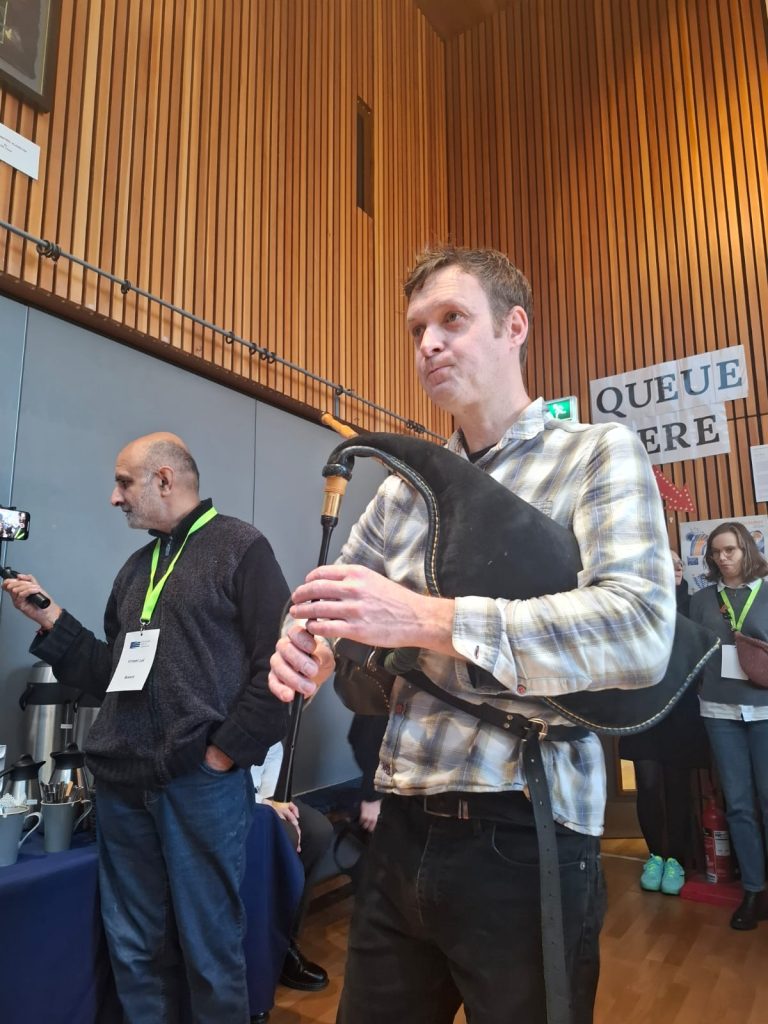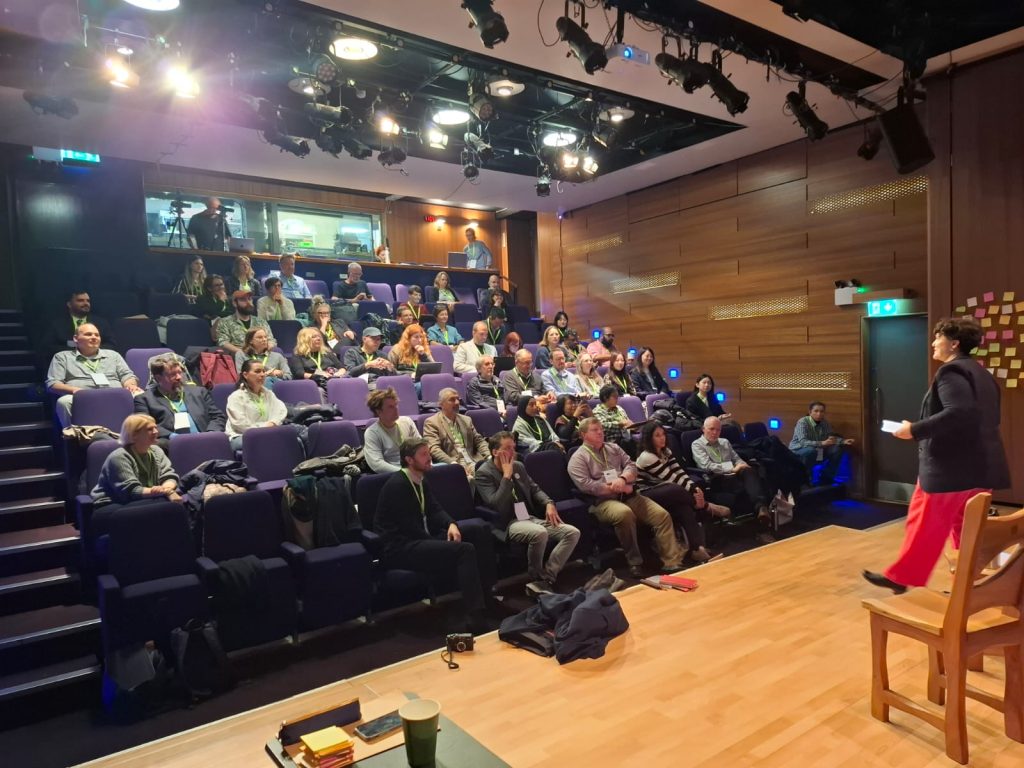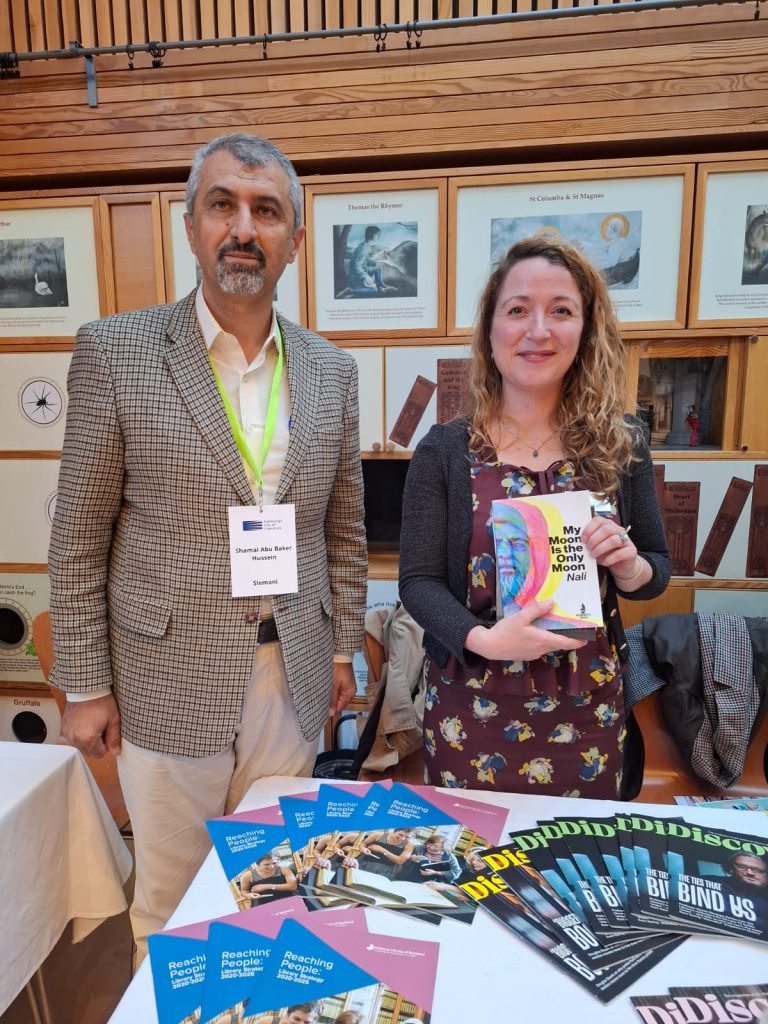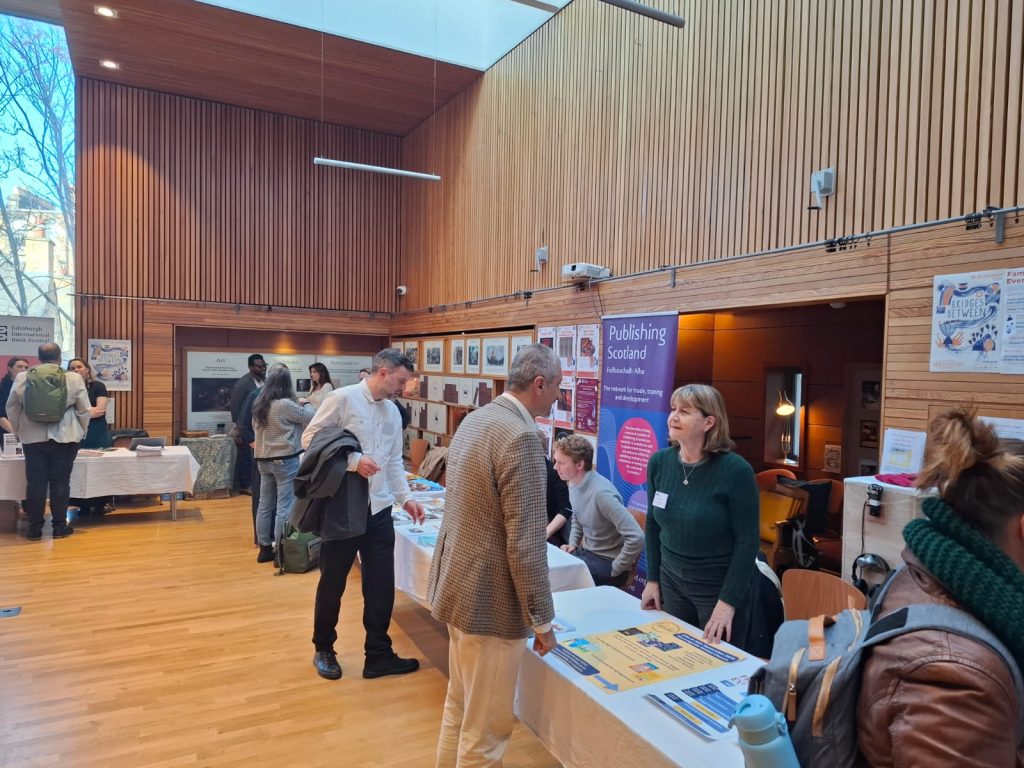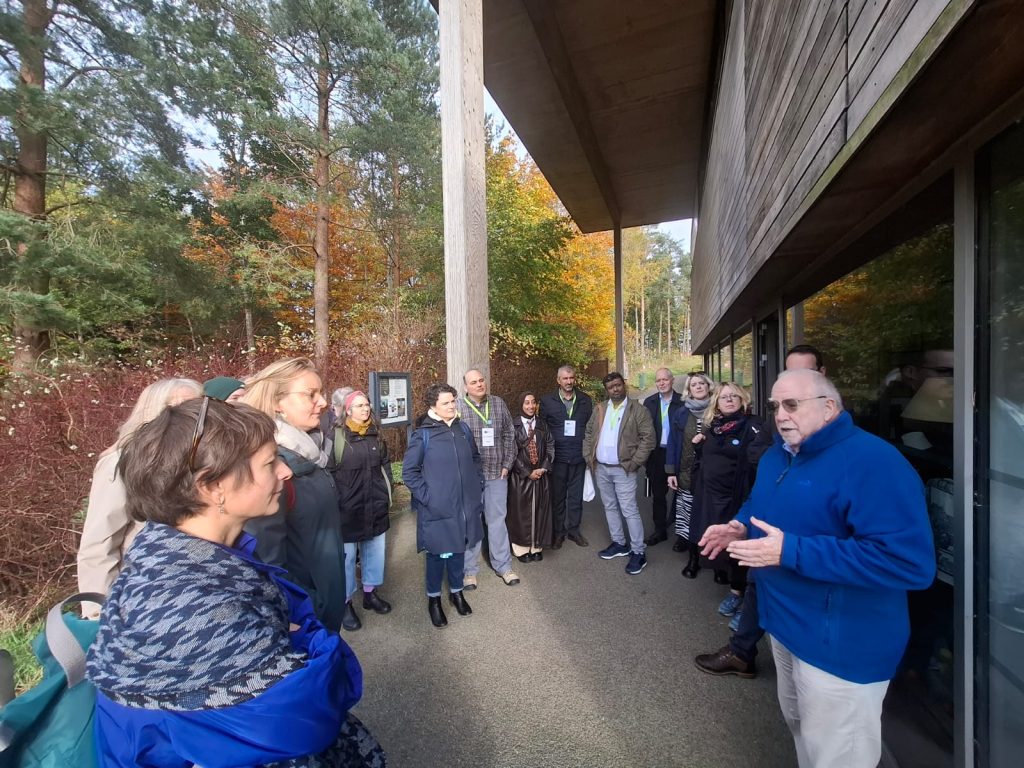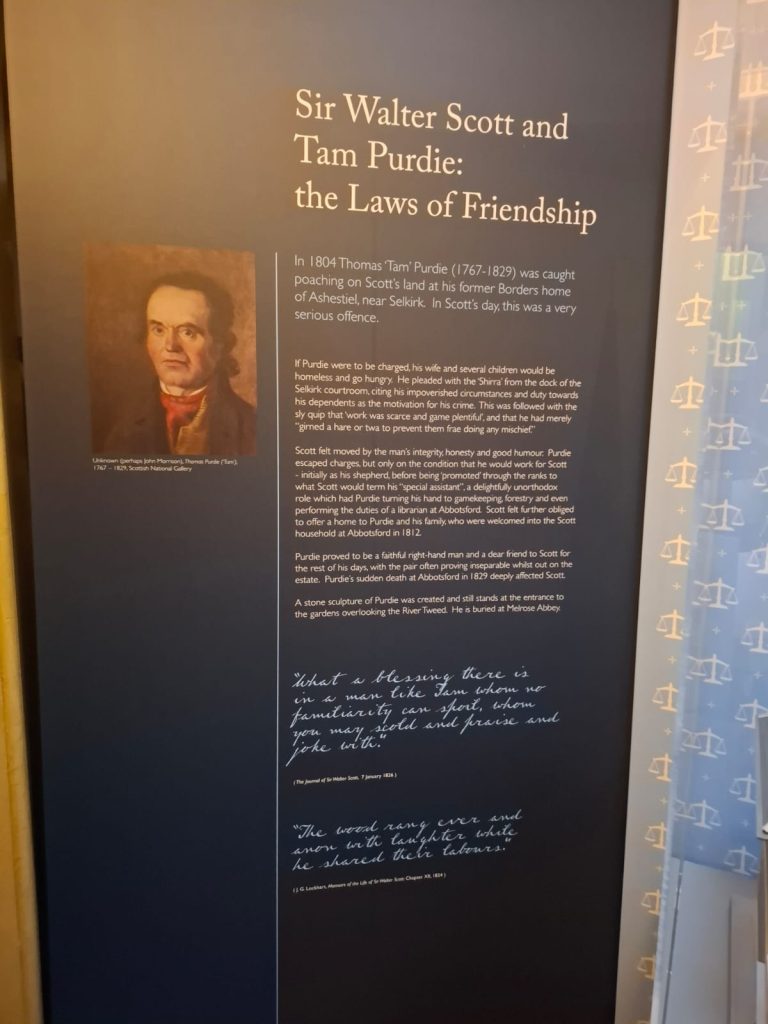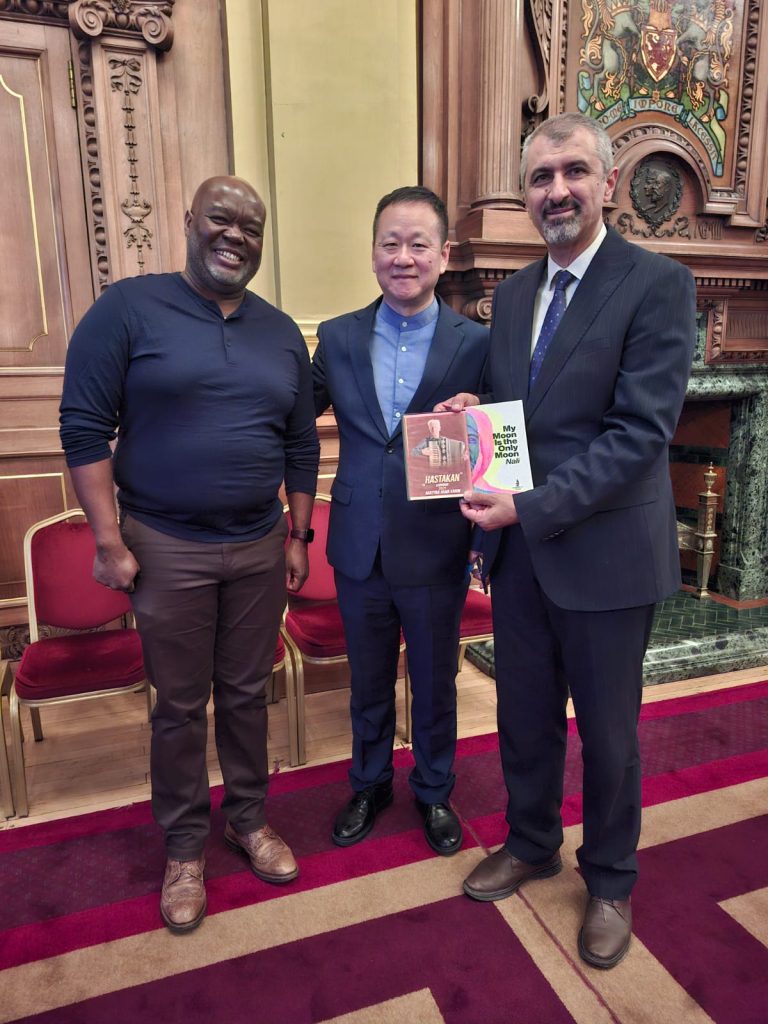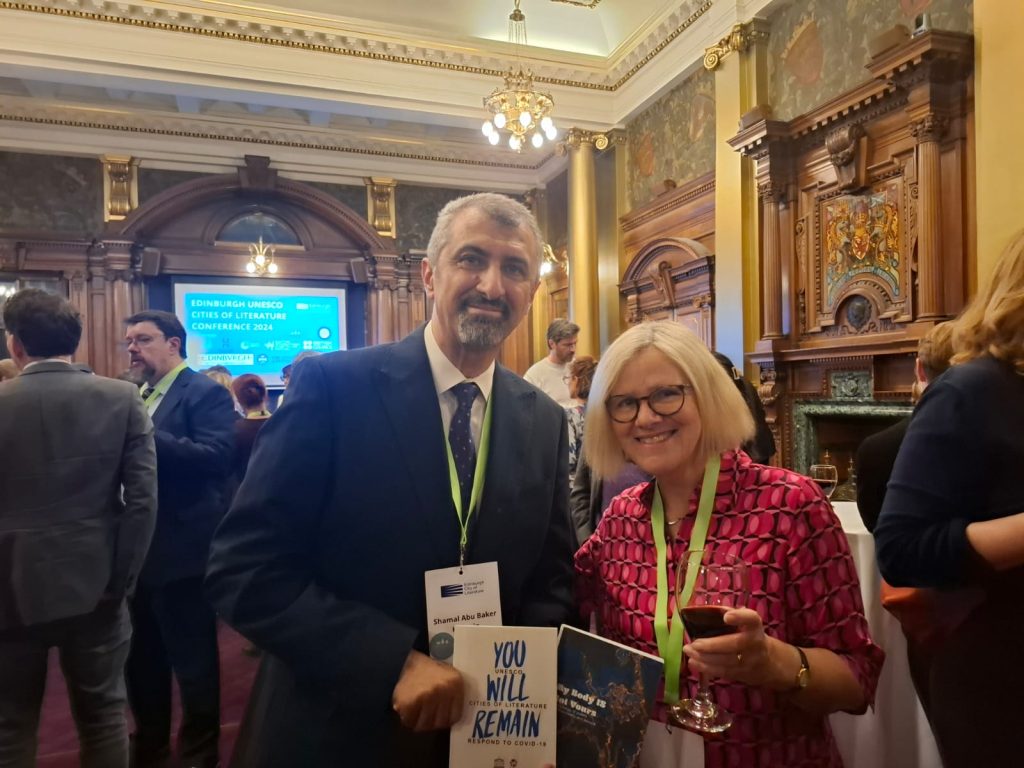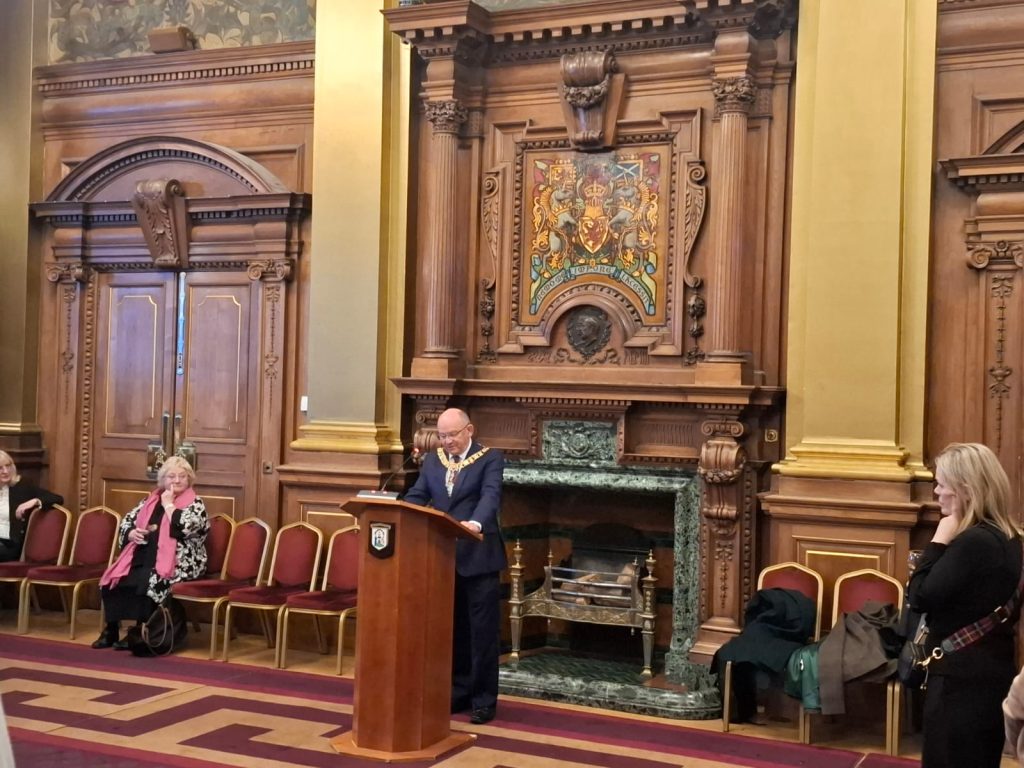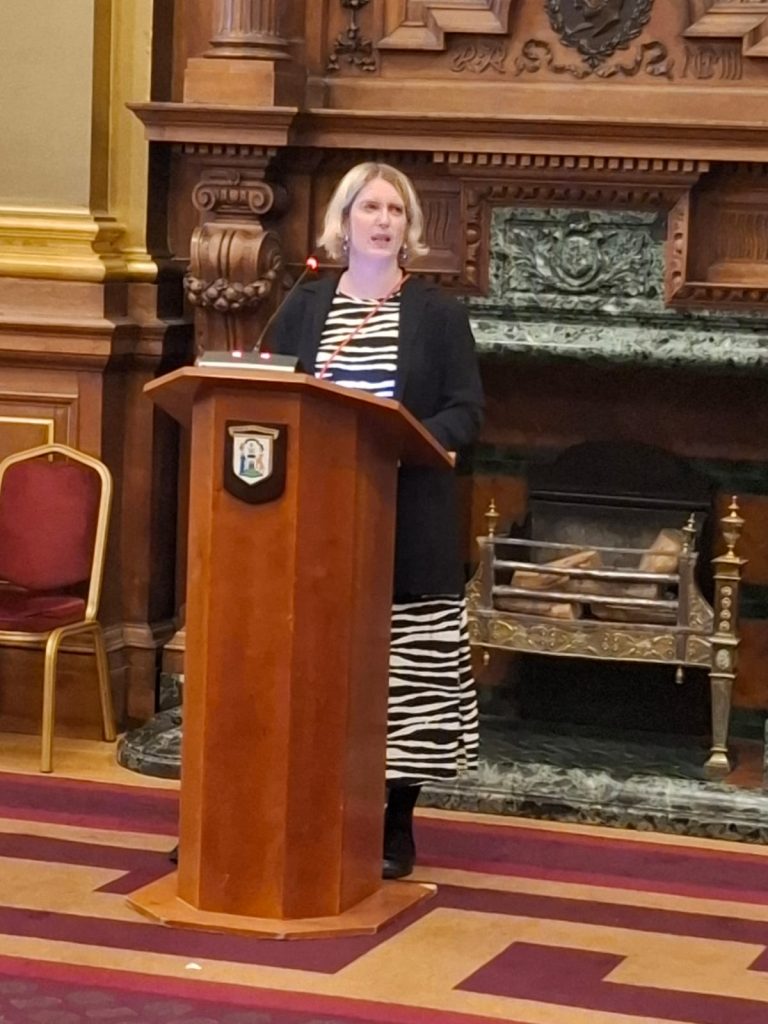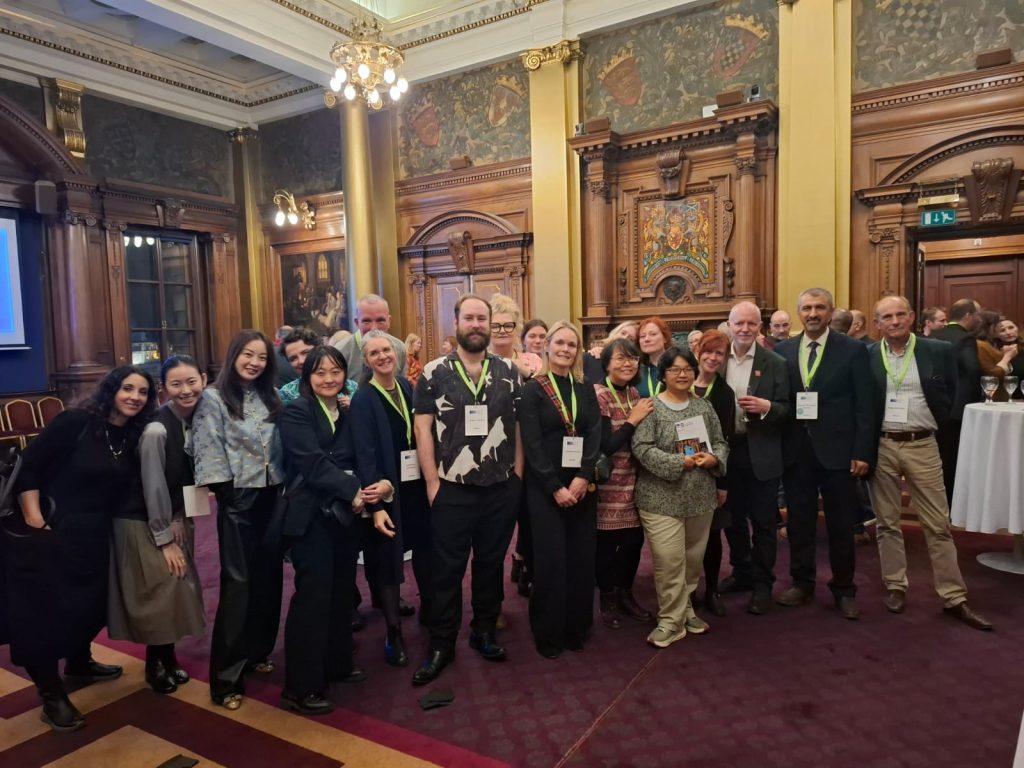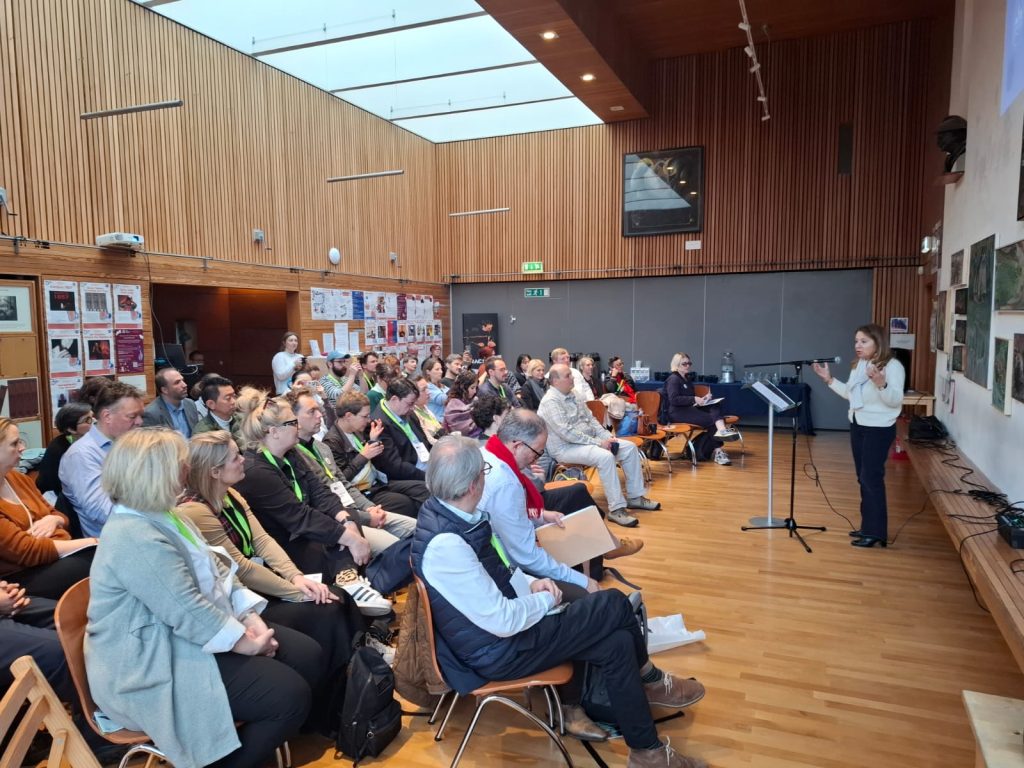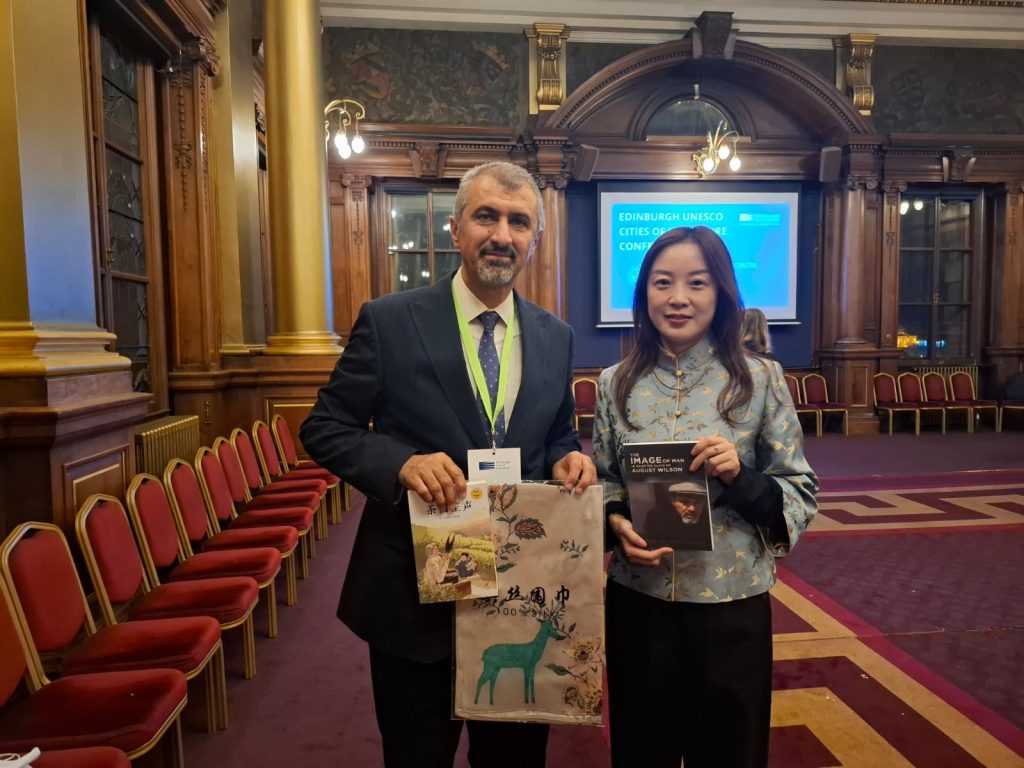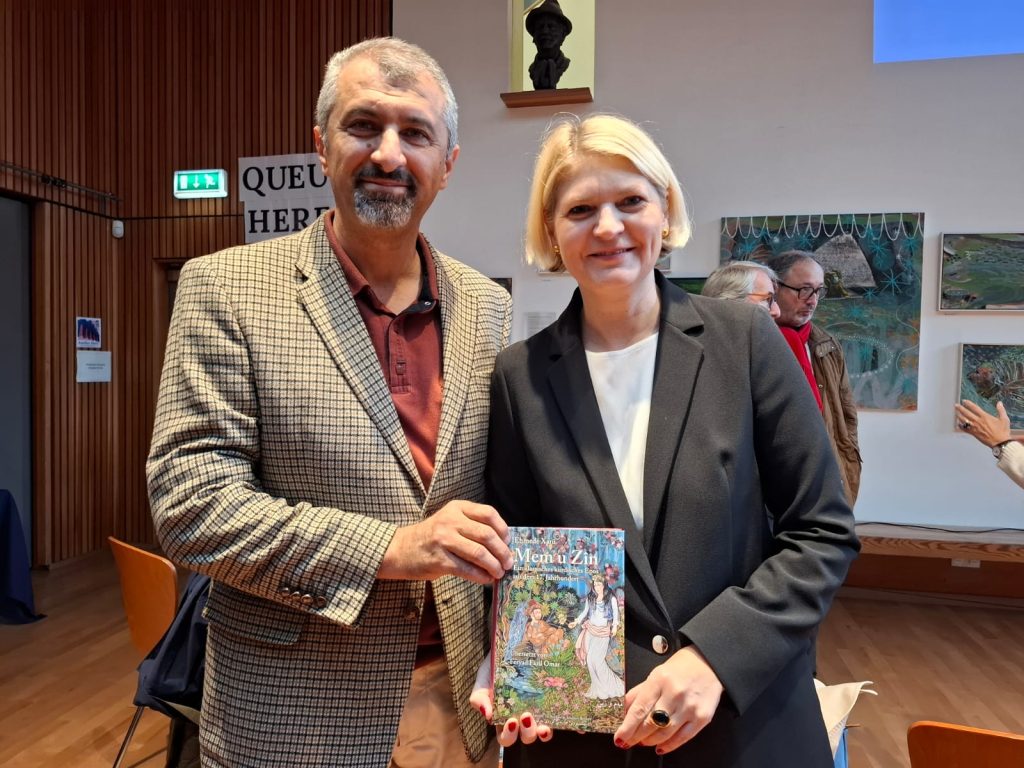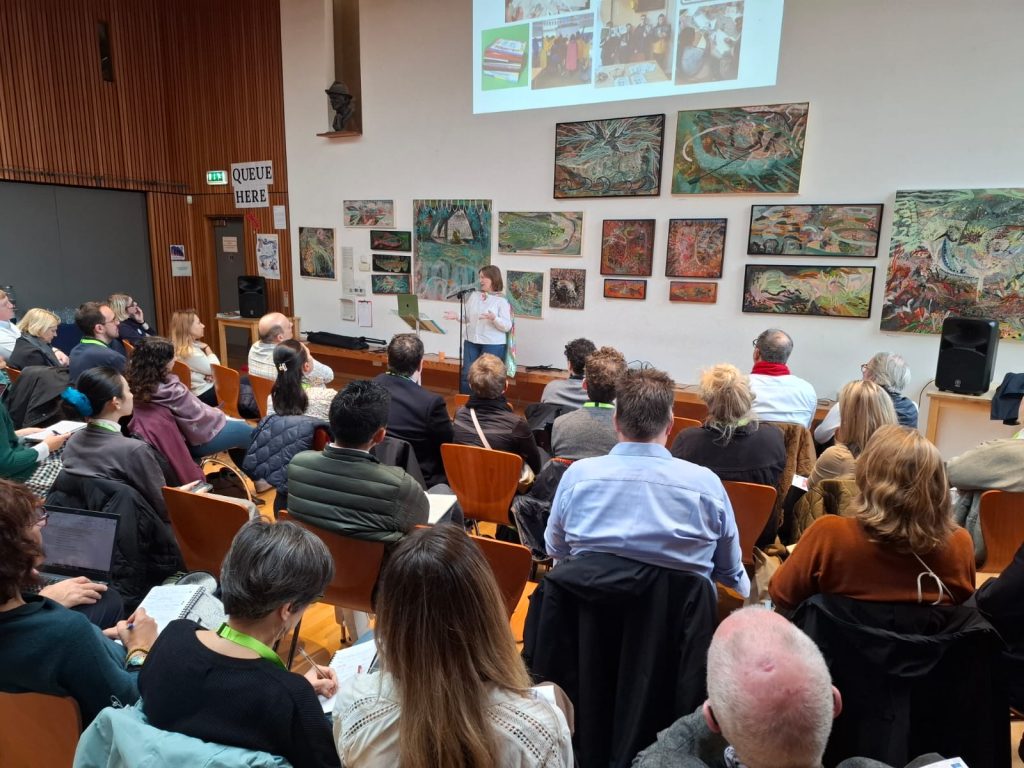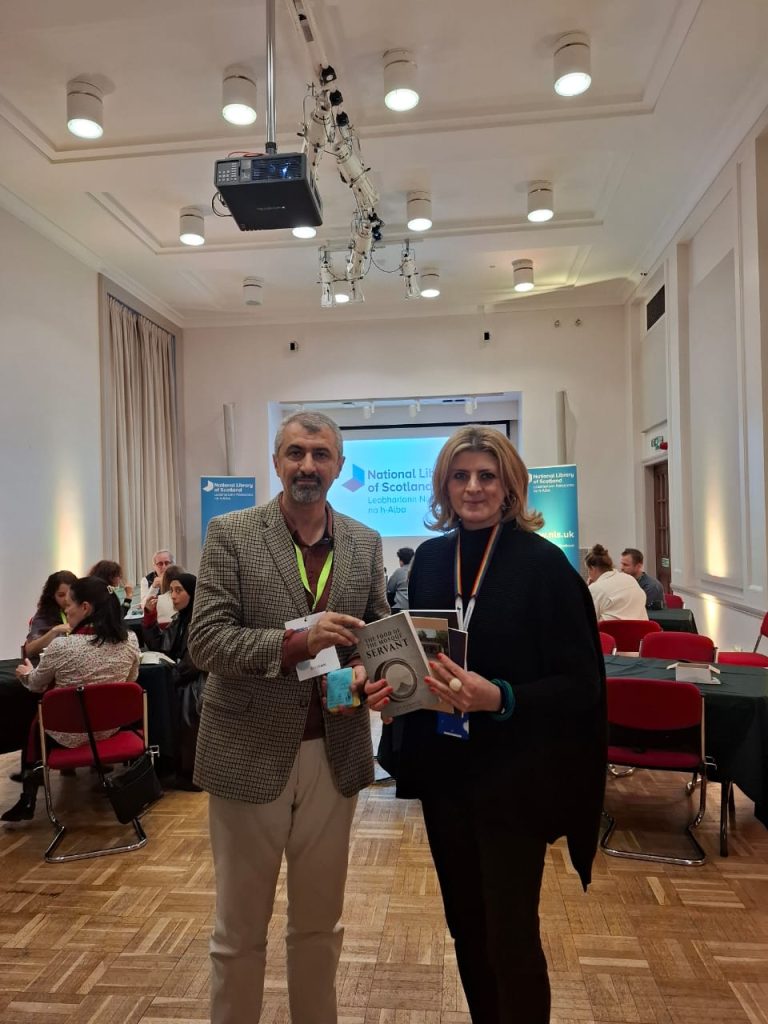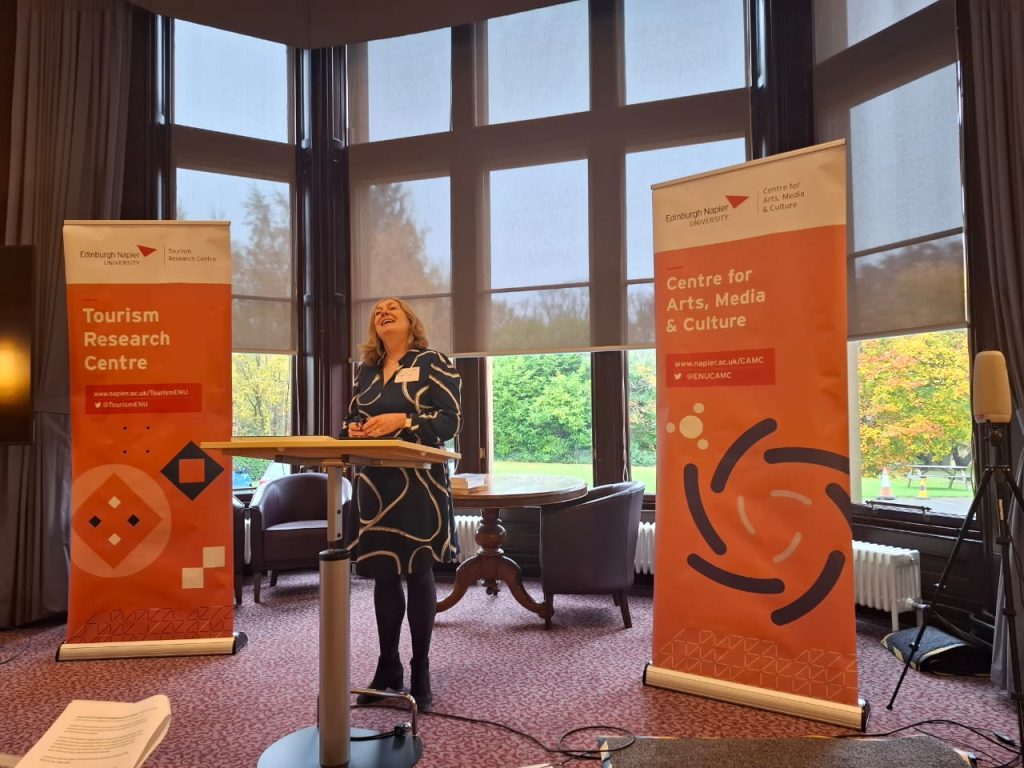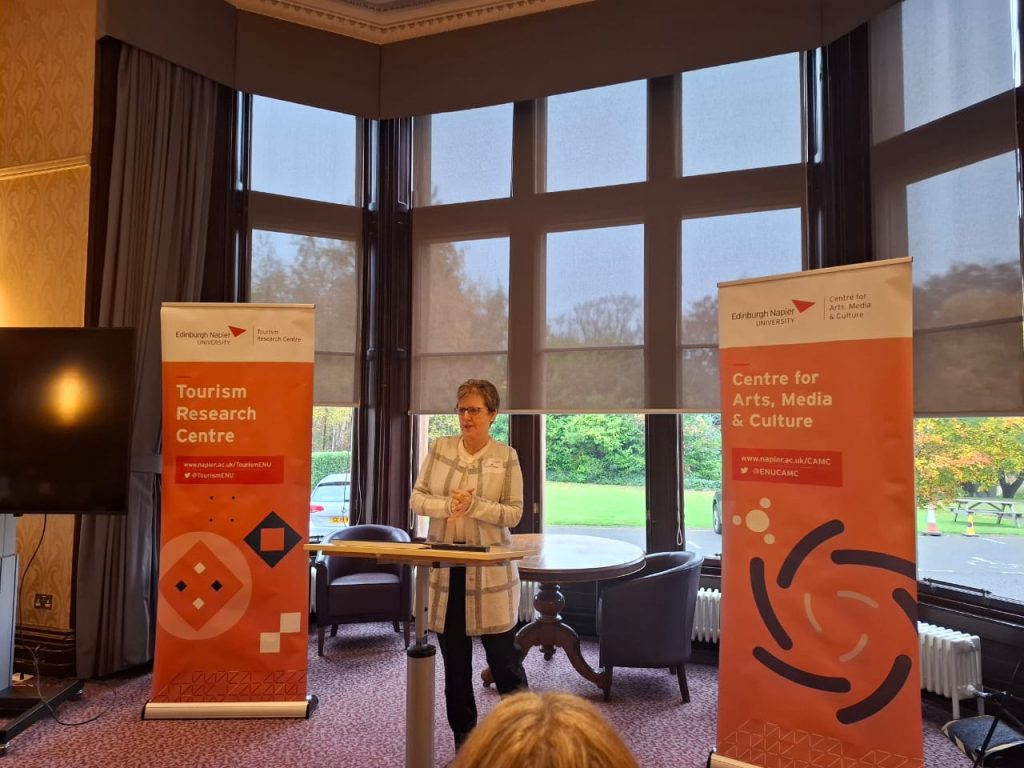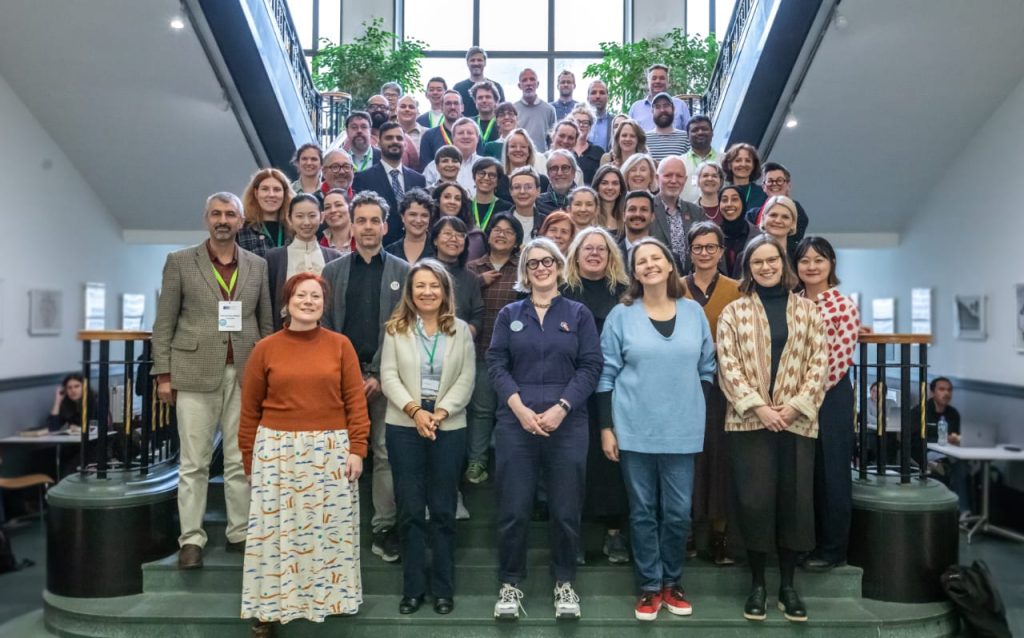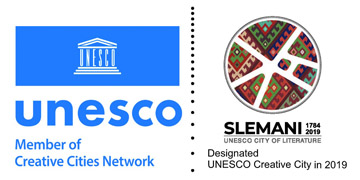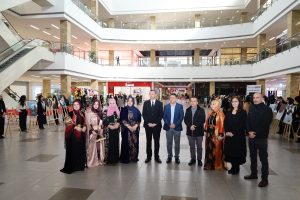From October 21 to 25, 2024, Edinburgh, Scotland hosted the annual UNESCO Cities of Literature Network conference, bringing together the office coordinator of Slemani UNESCO City of Literature and 60 representatives from 40 cities in the network, out of a total 53 cities across 39 countries. The event was supervised by the Edinburgh Mayor and Denis Box, secretary of UNESCO’s network of 350 Creative Cities, with notable individuals and board members from Edinburgh’s City of Literature Office in attendance.
During the conference, a ceremony celebrated the 20th anniversary of Edinburgh’s designation as the world’s first UNESCO City of Literature. Here, the Slemani coordinator presented a Kurdish literary work translated into English as a gift from Slemani Governor to the Edinburgh Mayor and some other honored guests. The conference featured four panel discussions exploring key themes: (Youth Engagement and Diversity in Literary Production), (Sustainability and Financial Capacity of Offices), (Artificial Intelligence and Literature), and (Collaborative Work across Network Sectors). Discussions highlighted the community engagements of network cities, the importance of evaluation and monitoring reports, the induction of new cities, upcoming calls for applications, and announcements about the 2025 international conference in Ljubljana alongside other UNESCO meetings.
The office coordinator of Slemani underscored that Slemani’s UNESCO designation provides an internationally recognized platform for Kurdish identity and culture, focusing on its creativity and vibrancy rather than solely as a warrior or hero of war. This vision is supported by the Slemani Governor, local literary institutions, and the Slemani office. Key projects and works, funded by the Slemani Governor, local and international cultural institutions, the University of Sulaimani, and the office itself, were highlighted despite ongoing economic and political challenges. The coordinator also spoke about Slemani’s commitment to publishing works by young writers with special needs, promoting local authors, and expanding the city’s literary reach within the network and globally.
As part of the conference, the Slemani coordinator joined an academic meeting at the University of Edinburgh, alongside representatives from Cities of Literature such as Edinburgh, Manchester, Nottingham, Norwich, Leeuwarden, Utrecht, Slemani, Bremen across four countries, along with 11 scholars focused on cultural policy. Discussions centered on fostering academic collaboration with city offices, enhancing network opportunities, the role of academia and cities in addressing modern crises, and exploring AI’s potential in literature and culture.
In addition to engaging with prominent Scottish poets, storytellers, and traditional musicians, the delegation visited several of Edinburgh’s literary and cultural institutions as well as two universities, where discussions explored the positive impact of the literary title in cultivating self-confidence and inspiring creativity among Edinburgh’s youth two decades after its UNESCO designation.
